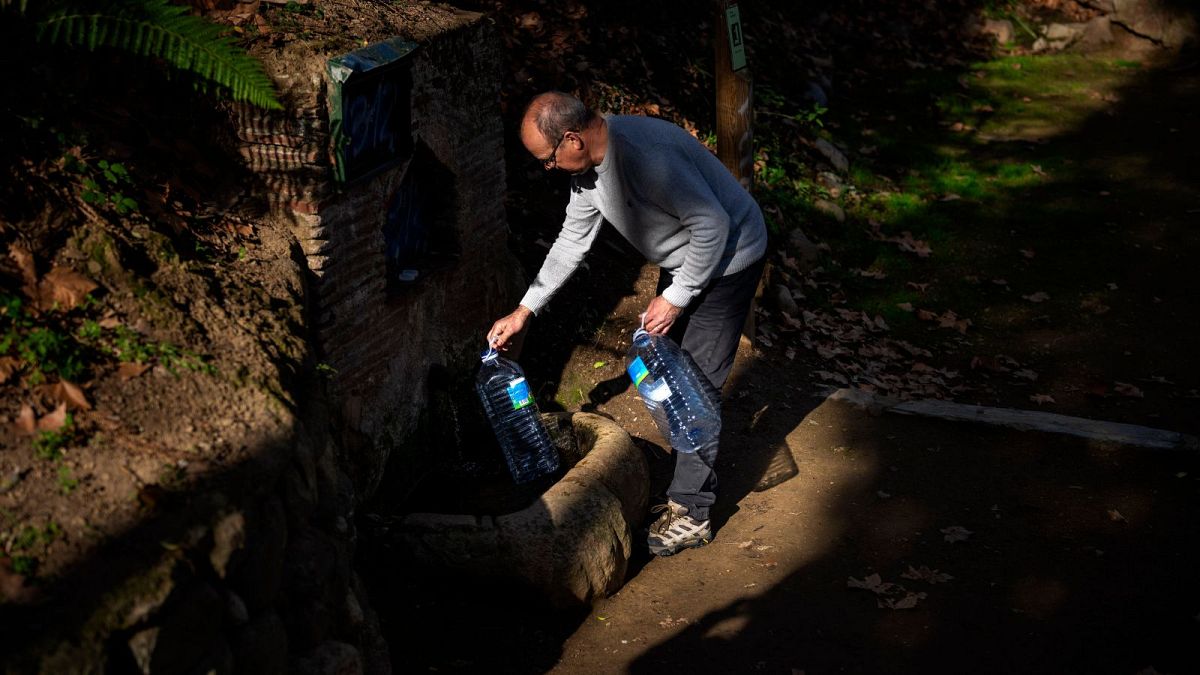

As Mediterranean countries such as Spain, Morocco, and Türkiye grapple with the sustained impacts of drought, discussions have emerged about the multifaceted effects of such climatic events. Experts have underscored that drought is far more than a transient weather phenomenon. It represents a complex social, economic, and environmental challenge that demands a nuanced and collaborative response. Viewed as ‘canaries in the coal mine’, these nations exemplify the broader issues facing the region as the climate shifts. Their experiences provide insights into the pressing need for proactive strategies that mitigate and adapt to these changing conditions.
Amidst this scenario, the battle against wildfires in Greece and Turkey has assumed an urgent tone, prompting emergency responses and evacuations. These fires, spurred by the extreme heatwaves that have swept through the continent, have tested the resilience and preparedness of affected communities. In particular, regions near Athens and the island of Crete have witnessed significant displacement, with thousands fleeing to safety. Such events highlight the immediate impacts of rising global temperatures, which, according to a 2024 report by the EU’s Copernicus Climate Change Service, have positioned Europe as the continent with the fastest-rising temperatures on Earth, heating at twice the rate of the global average since the 1980s.
Contrasting these challenges, Europe is also making noteworthy strides in its transition towards cleaner energy sources. A pivotal milestone has been reached in Poland, where for the first time, renewable energy has surpassed coal in electricity generation for an entire month. This achievement underlines a significant shift in the country’s energy landscape, despite its continued high emissions from oil and gas consumption. Poland remains the fourth highest emitting economy globally, yet this milestone reflects a positive trend towards reducing its carbon footprint.
The economic consequences of climate-related events across Europe have been substantial. A recent study has highlighted the economic toll experienced by countries like Germany, Italy, France, and Spain since 1980 due to natural hazards. These nations have borne the brunt of economic losses driven by climatic extremes, signifying the urgent need for robust economic planning and resilience building as climactic patterns become more unpredictable. As another heatwave grips the continent, the implications for economic stability and sustainability are profound, calling for concerted efforts from both governmental and private sectors.
In response to these multiple challenges, collaborative efforts and innovation remain key. The shift in Poland towards renewable energy is indicative of a broader trend across the continent, where countries are increasingly committing to sustainable energy solutions and infrastructural adaptations. Such initiatives not only address immediate environmental concerns but also pave the way for more resilient societies capable of thriving amidst the ongoing climate transition.
As Europe navigates this dual landscape of challenges and advancements, the lessons learned from such experiences underscore the importance of integrated strategies that encompass environmental science, economic foresight, and community resilience. The harmony between addressing immediate climatic impacts and fostering long-term sustainable growth will shape Europe’s future, ideally leading to a more balanced and environmentally attuned global community.
Source: {link}
